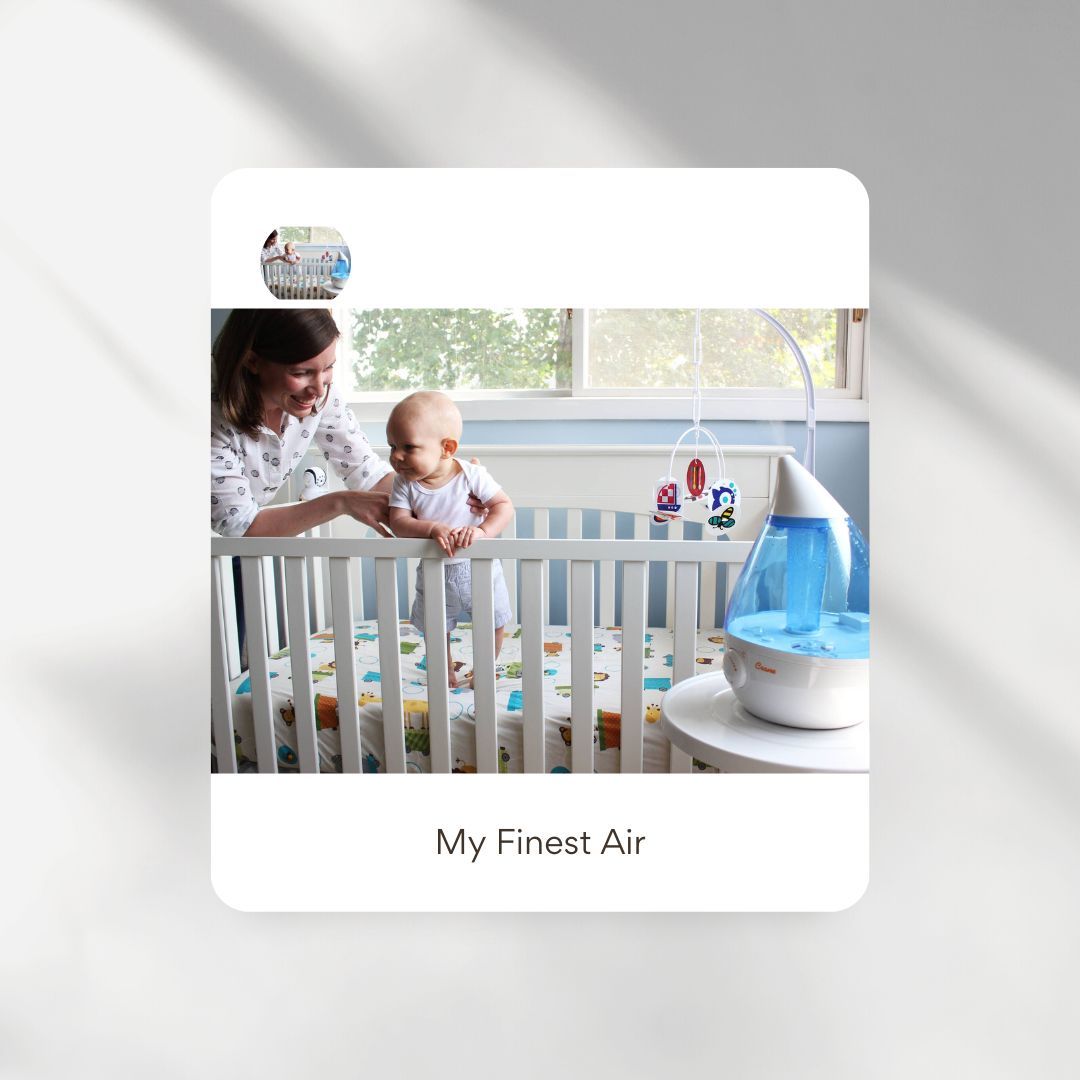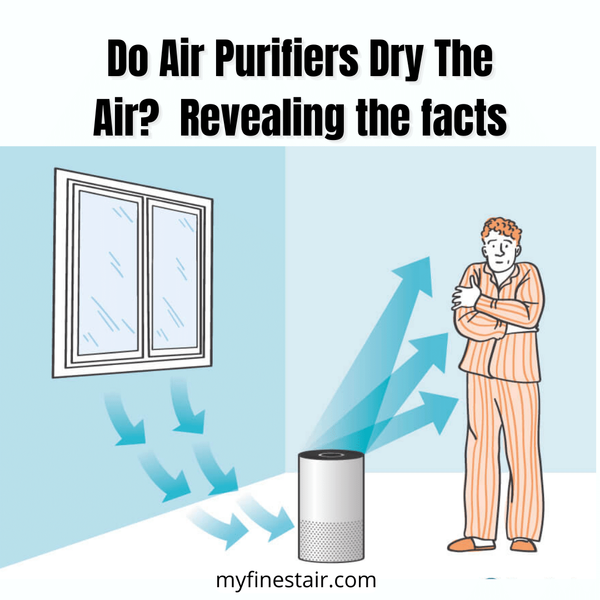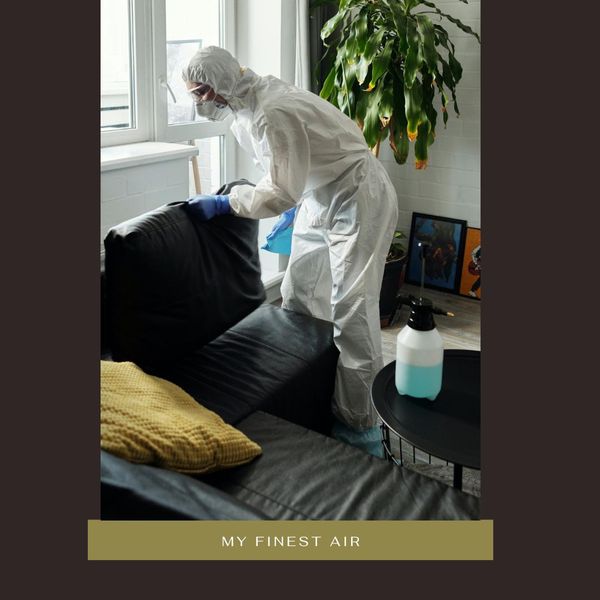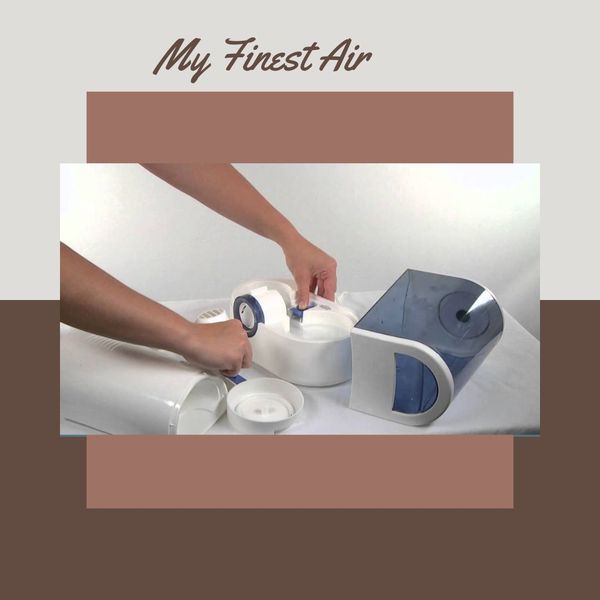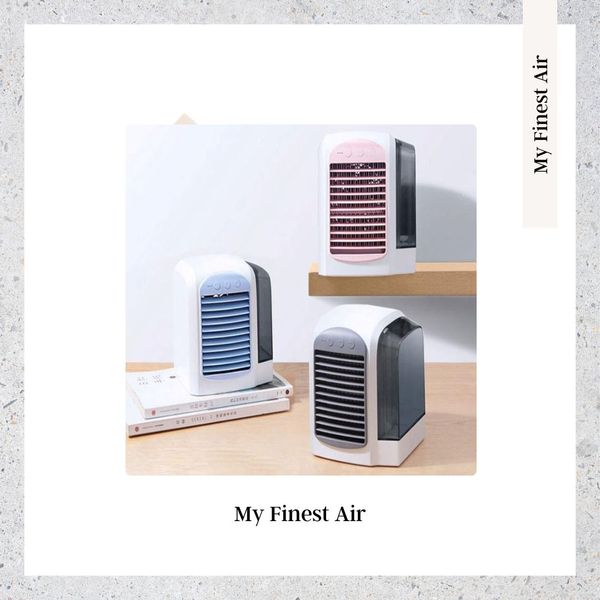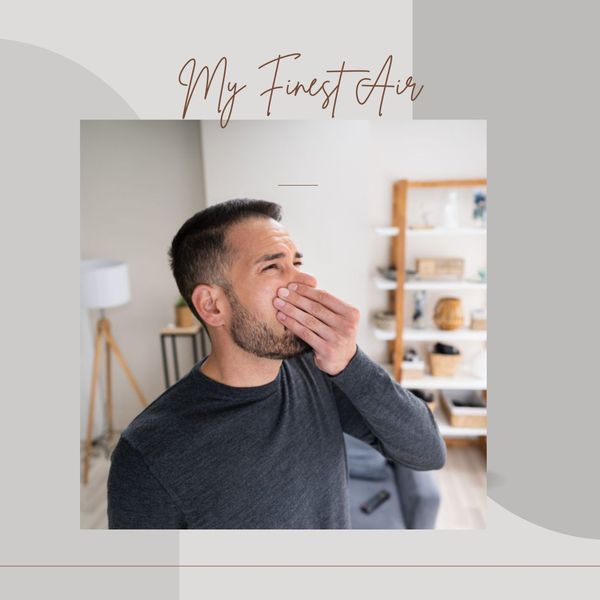Humidifiers are well-known for their ability to treat congestion and skin dryness. However, when should you use a humidifier for the baby?
The recommended humidity level for the well-growth of a baby range from 40% to 50% because otherwise, the dry air will pose harm. In this article, we have enlisted all the reasons why and when to use a humidifier for a baby.
When to Use A Humidifier For Baby - Reasons Why Humidifier Is Beneficial
Dry skin and chills are the common consequences of the onset of winter. The air gets excessively dry, which leads to an itchy throat and persistent cough. So, a humidifier meets all requirements to keep your baby safe from harsh weather. Here are some advantages of using a humidifier for a baby.
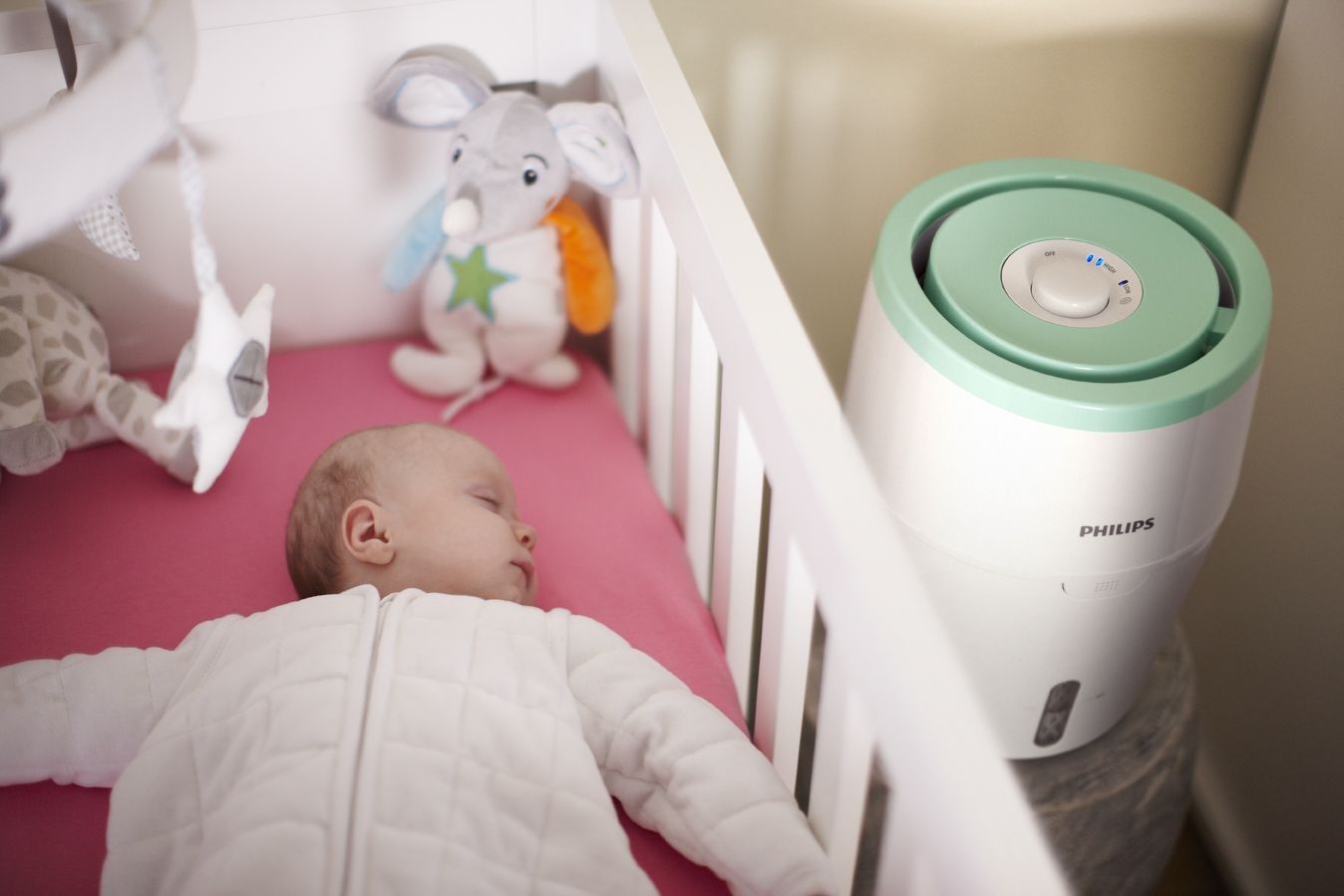
Treat Cold, Cough & Congestion
The American Academy of Pediatrics has recommended using a humidifier in the baby’s room. It can help treat colds in winter and also assist in relieving congestion and cough.
Babies can’t take medications due to health concerns, but installing a humidifier will do the same while keeping your baby protected against side effects. It aids in soothing nasal passages that are dried up due to irritation and dryness.
Change Dry Air Into Moist
In winter, the air gets too much dry to cause severe skin dryness. So, a humidifier is highly suggested to get rid of dryness in the air. Babies' skin is quite sensitive and easily gets infected when dry air brings contaminants.
If you are using heaters, your home air will dry more often, and to add moisture, the need for a humidifier will become high in demand. A cool-mist humidifier is highly suggested for the treatment of skin dryness.
Provides Goodnight’s Sleep to Baby
A humming or whooshing sound is produced by some humidifiers that give a feeling of white noise. This sound relaxes babies during sleep, getting hours of undisturbed naps. If you notice any sleep disturbance in your little angel, a humidifier will greatly help.
See Our Blog: Is It Good To Sleep With A Humidifier - Things To Know
Treats Eczema
The dry air doesn’t only make your skin dry but also causes eczema flares formation. If you let your babies sleep longer in a dry air room, the skin will get lots of flares and won’t allow them to sleep peacefully.
If your toddler has eczema, you should run a humidifier once or twice weekly. However, ensure not to put the humidifier too close to the baby during sleep.
Makes Skin Softer
The humidifiers release cool mists that adjust room temperature by adding enough moisture to the surroundings. This will keep the baby’s skin soft and delicate because too much dryness can harm their lips, nose, and even eyes.
Is Eucalyptus Oil in Humidifier Safe For Babies
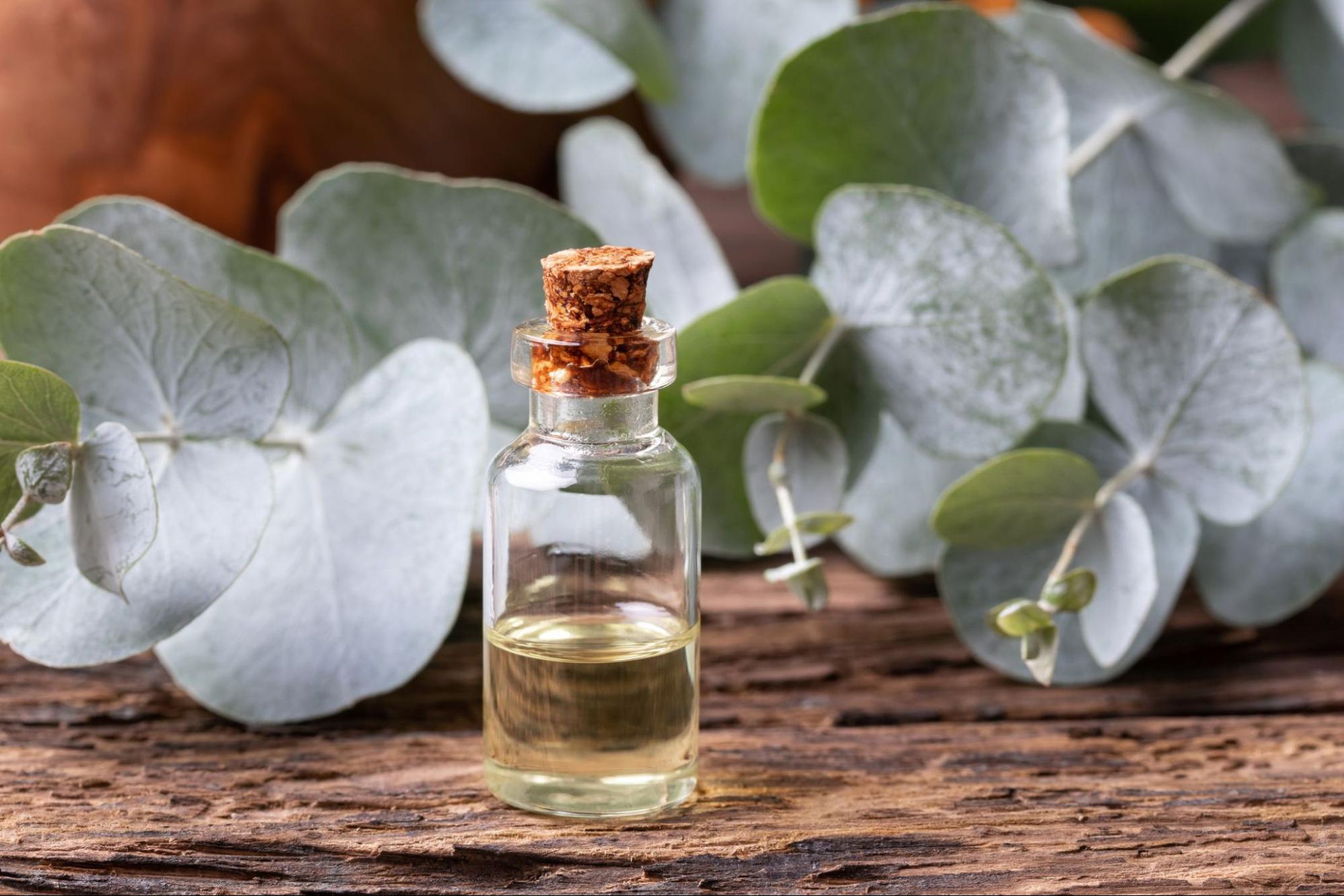
Among many beneficial essential oils, eucalyptus oil acts as a natural medicine for treating different health issues, including colds, congestion, and cough. But is it really safe to use for babies?
Or what are the side effects of eucalyptus oil on the baby’s health? What are the recommended quantities you should use?
Studies and tests have shown that any essential oil isn’t safe to add to a diffuser or humidifier for an infant or baby until they reach a certain age. Applying eucalyptus oil directly over their chest and body is also not recommended to prevent congestion.
The ingredients, such as 1,8-Cineole, can badly impact the baby's central nervous system. So, you should never add eucalyptus oil to humidifiers for babies under 6 or 10 years old.
See Also: Vicks Humidifier Not Working - Examine The Possible Reasons
How Can A Humidifier Help A Cough- Cool Mist Humidifiers
-
-
People often use cool mist humidifiers and natural steam to cure intense coughs. The moisture added to the air by a humidifier soothes nasal airways to help relieve cough. You can get rid of chest congestion by using a humidifier. Excessive coughing dries out the throat and makes it feel irritated. These are some ways humidifiers help treat cough:
-
- Adds moisture to provide convenient breathing.
- If you have inflammations in the throat, a humidifier will make them better.
- Best for treating sinus congestion
- It prevents nose bleeds, dried lips, and skin.
How to Use A Humidifier Effectively to Treat Cough
Add Fresh/Distilled Water
A humidifier requires large amounts of water, so ensure it is clean and filled with distilled water. Several species of bacteria and mold will proliferate in dirty or unfiltered water.
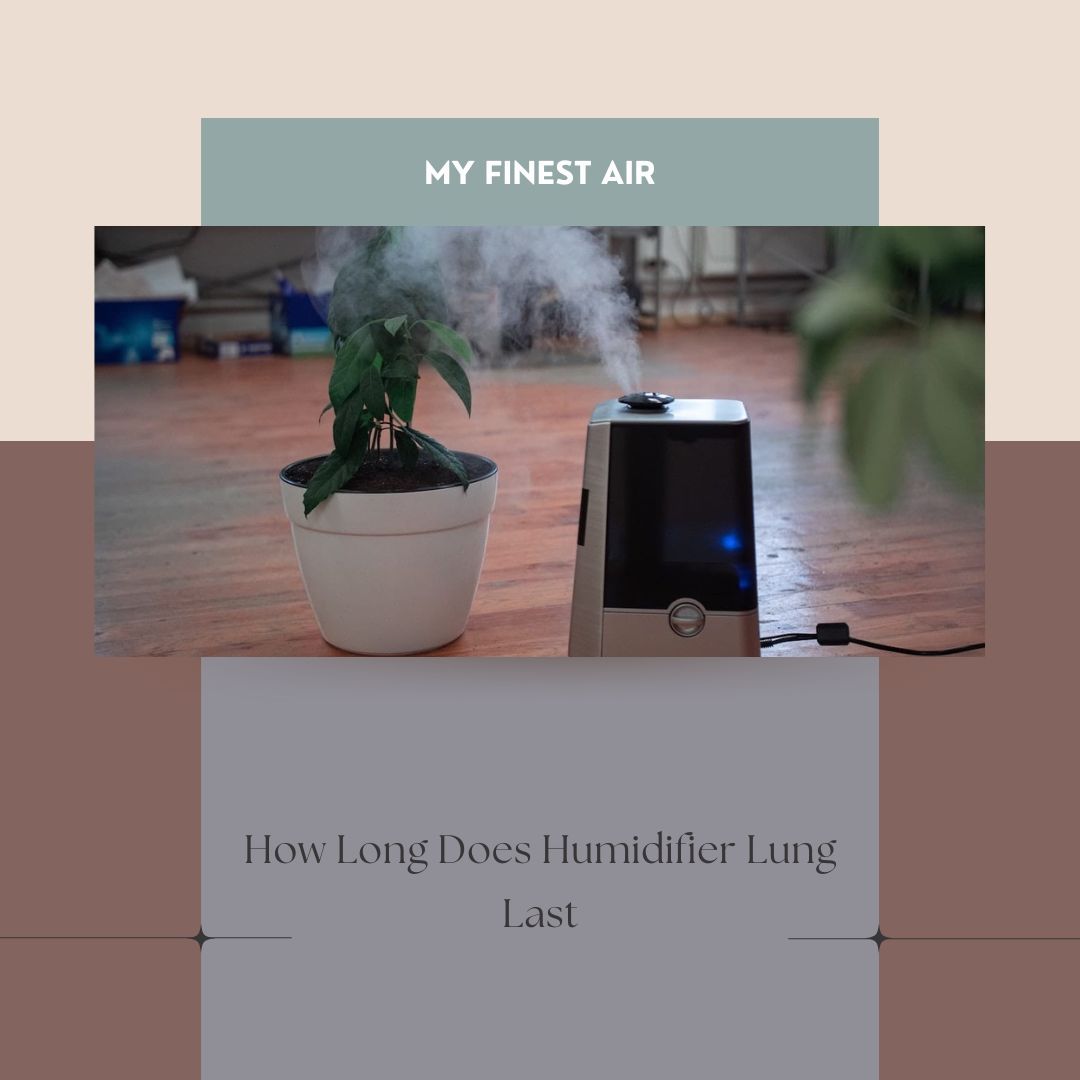
Ensure Regular Cleanliness
Wash or properly clean your unit after every 2 to 4 days to avoid mineral or limescale deposition. You can use hydrogen peroxide for deep cleaning.
Replace Filter When Needed
Though filters are not present in all humidifiers, some units have and require frequent replacement. The air quality will improve with a new filter.
Follow Preventive Measures
You must follow all safety measures while using a humidifier for a baby. Avoid using steam or boiled water in the vaporizers to place nearby babies.
Humidifier Making Me Cough
Following the right instructions and ensuring proper cleanliness will help relieve the cough, but if you ignore these things, your cough will worsen instead of improve.
A dirty or poorly maintained humidifier will release large deposits of minerals and contaminants such as mold into the air. Therefore, distilled or filtered water is recommended in the unit.
Avoid water standing in a cool mist humidifier for longer, as it will provide shelter to several bacteria. Make sure to clean and dry your device properly to get the required results and prevent negative consequences.
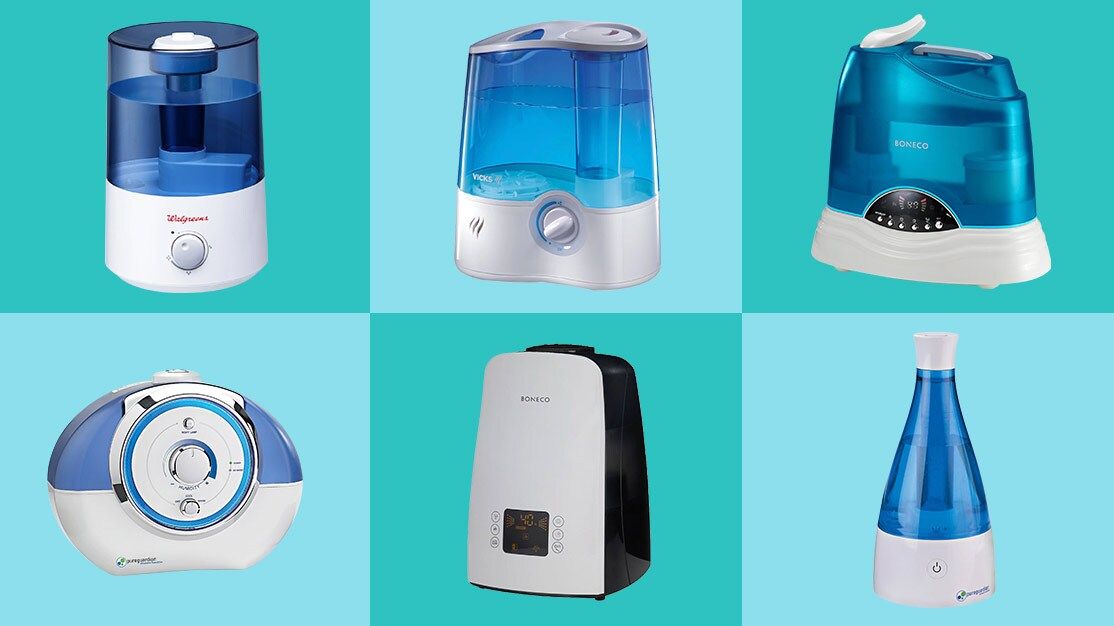
Wrapping Up
A humidifier is safe for a baby if used properly, considering all safety guidelines. So, when to use a humidifier for a baby depends on the health and weather conditions.
The need for a humidifier will become obvious whenever your baby has a runny nose or feels congestion in winter. You should also install one to offer a comfortable sleep to your child.


